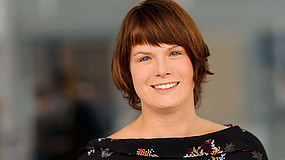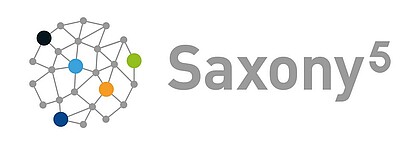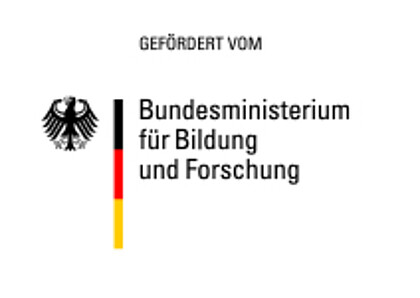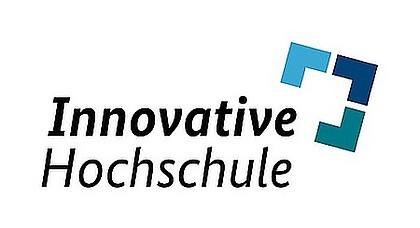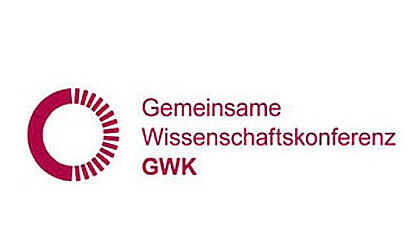The Science Year 2024/25 on the topic of "Those up there, us down there" was opened at the HSZG on October 23. It was well received by both employees and external guests.
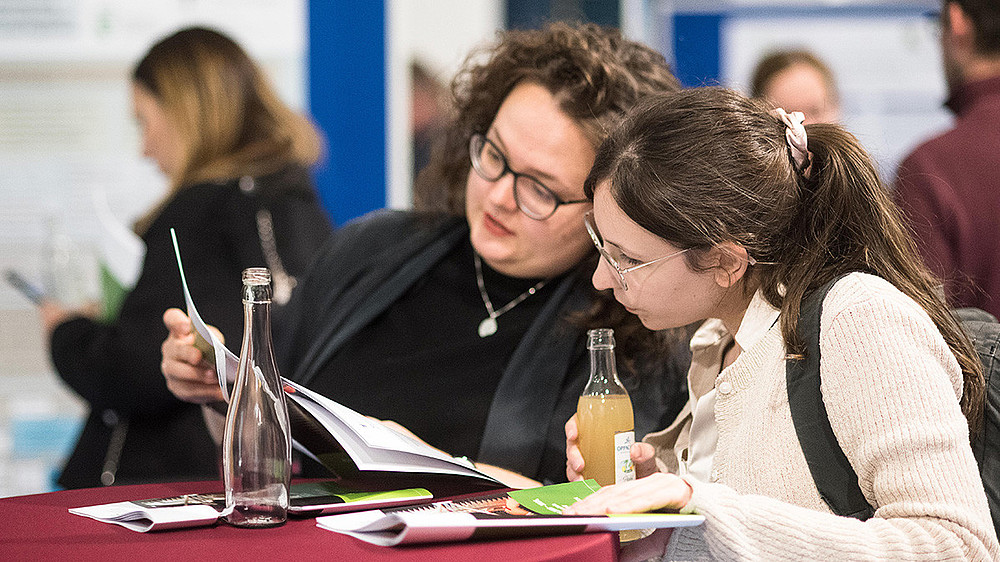
The Science Year 2024 was opened at Zittau/Görlitz University of Applied Sciences on October 23. Under the motto "Those up there, us down there: Interdisciplinary views on the minefields of society and the development opportunities of our region", the event focused on pressing social challenges. The event was very well attended with over 90 guests. The organizers from the Research Unit and the Saxony5 project team were pleased to have offered many colleagues and external guests an interesting afternoon with this topic and event format.
From reflecting on Max Weber's concept of domination and its relevance for our current political situation in democracies, insights into young researchers or exploring similarities and differences in interdisciplinary cooperation, a rich program was offered. Jan Schaller, a member of staff at the TRAWOS Institute, accepted the publication of the anthology "Ferne Eliten. Die Unterrepräsentation von Ostdeutschen und Menschen mit Migrationshintergrund" (The underrepresentation of East Germans and people with a migration background) as an opportunity to present a summary of the latest figures. In response to a question from the audience as to whether people in eastern Germany have to come to terms with their underrepresentation, he gave an outlook on where possible adjustments could be found.
In the subsequent panel discussion: "On the minefield? Opportunities, barriers and scope for local players", Markus Will moderated the discussion between participants and the audience with his usual aplomb. Using the example of municipal heat planning, but also the participation processes in structural change, the possibilities and impossibilities in the current political space of experience were measured with political actors, researchers and citizens.
The accompanying poster exhibition provided an overview of current Saxon-funded research projects from various subject areas. Over a snack, participants were able to exchange ideas about their own research.
